DAOs are on-chain organizations led by the wider community and token holders. Synthetix’s move is part of a wider trend in DeFi to become increasingly more decentralized and community-owned. In June 2020, Balancer distributed its governance token BAL among liquidity providers.
Alpaca Finance also allows you to leverage your yield farming position, which is a big plus. Liquidating
A liquidator is someone who provides the financial liquidity of the staking pool in question. As of June 2022, Alpaca Finance is a big participant in DeFi and is one of the most profitable DeFi platforms.
Regulator conversations shaping crypto’s future
Ethereum programming languages, such as Solidity, are specifically designed for creating and deploying such smart contracts. DeFi applications are designed to communicate with a blockchain, allowing people to use their money for purchases, loans, gifts, trading, or any other way they want without a third party. These applications are programs installed on a device like a personal computer, tablet, or smartphone that make it easier to use. Without the applications, DeFi would still exist, but users would need to be comfortable and familiar with using the command line or terminal in the operating system that runs their device.
- This includes governments and law enforcement, which, at times, are necessary for protecting an individual’s financial interests.
- However, they don’t operate like the financial applications you might know.
- The launch was controversial as it was built seemingly overnight by copying the code of different DeFi protocols, and released on mainnet without a formal audit.
- DeFi lending protocols like Compound and Aave allow users to lend and borrow crypto in a secure, trustless manner.
However, the volatility and risks involved mean you must approach DeFi investments with caution and solid research. Chainlink (LINK) is a decentralised oracle network that connects smart contracts with real-world data. It enables DeFi platforms to access reliable external information like price feeds, weather data, and more. With thousands of integrations, Chainlink plays a key role in keeping decentralised applications accurate, secure, and functional.
Consensus 2025: DeFi, Stablecoins and Tokenization Signal Crypto’s Financial Mainstreaming
Such results are not bound by geographic borders and do not require identifying documentation for participation. ” In short, decentralization means that no chief body controls something. To an extent, banks and other financial institutions have power over your funds. These entities can freeze your assets, and you are at the mercy of their hours of operation and cash reserves. That’s because of Ethereum’s platform for smart contracts – which automatically execute transactions if certain conditions are met – offers much more flexibility.
Is Decentralized Finance Worth It?
In contrast, storing that data across several locations or removing that single point of failure could improve security. If the terms “yield farming,” “DeFi” and “liquidity mining” and are all Greek to you, fear not. Whenever navigating any unregulated space, it’s crucially important to be aware of the risks. The value locked up in Ethereum DeFi projects has been exploding, with many users reportedly making a lot of money. In a nutshell, DeFi is a way for people, businesses, or other entities to send and receive money directly to each other using their devices and cryptocurrency. A crypto-winter is a period where crypto prices continuously move down and then stay down—sometimes tens of thousands of dollars.
Smart contracts are self-executing contracts with the terms directly written into code. They automatically execute and enforce agreements when predefined conditions are met, eliminating the need for intermediaries. Smart contracts are fundamental to many https://immediate-edgetech.org/ applications, enabling automated and trustless transactions. The biggest risk in the DeFi space, again, is the absence of regulations to protect your money. Because DeFi is an emerging industry, you run the risk of investing in a project that could fail. Plus, the cryptocurrency markets are highly volatile and complex, making it difficult to gauge both the market and industry.

